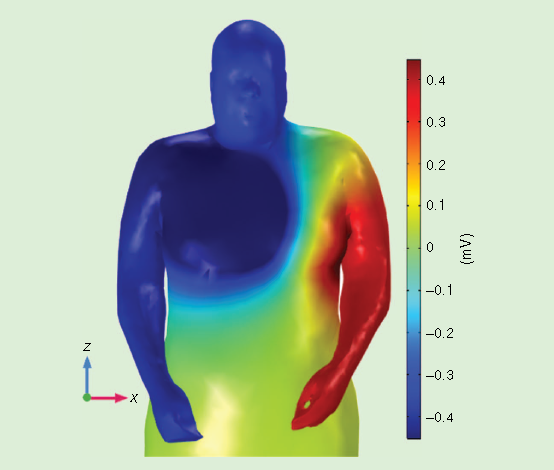What Should We Learn? Bringing Wearable Sensors into the Classroom

By bringing research into the curriculum, this article explores new opportunities to refresh some classic signal processing courses. Since 2015, we in the Electrical and Electronic Engineering (EEE) Department of Imperial College London, United Kingdom, have explored the extent to which the level of student engagement and learning can be enhanced by inviting the students to perform signal processing exercises on their own physiological data. More specifically, using new wearable sensor technology and video instructions as an experiment guide, the students are asked to record their electrocardiograms (ECGs) and perform both time- and spectral-domain estimation tasks on their own real-world data. In this way, the students not only gain experience with recording hardware and sources of signal contamination (baseline wanders and artifacts), but they also are highly motivated by being kept in the loop and through their part ownership of their course.
In addition to bringing biopresence into the curriculum, this approach has also broadened the students’ perspective on research and employment opportunities in, among others, next-generation health care. All of the material necessary to implement this coursework can be found at www.commsp.ee.ic.ac.uk/~mandic/ Biopresence_Material.htm.
In the article Bringing Wearable Sensors into the Classroom: A Participatory Approach, by Sithan Kanna, published in IEEE Signal Processing Magazine, May 2018, the authors elaborate on the “signal processing for wearable health care” assignments for students enrolled in the courses 1) advanced signal processing (ASP) and 2) adaptive signal processing and machine intelligence (ASP-MI), both taught at a later stage undergraduate and postgraduate level in the Department of EEE at Imperial College London.


